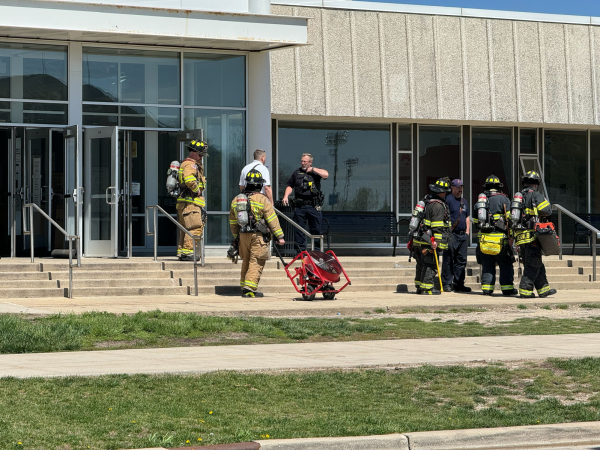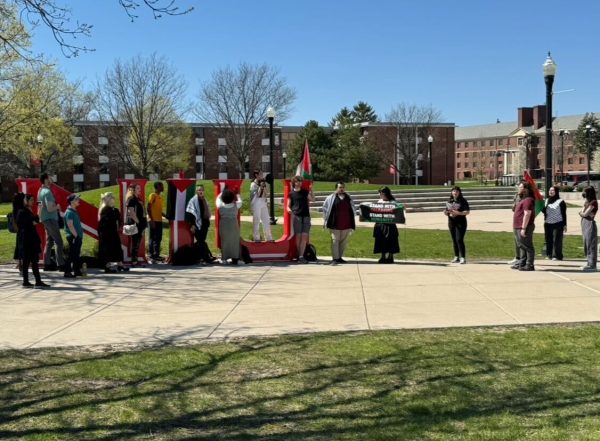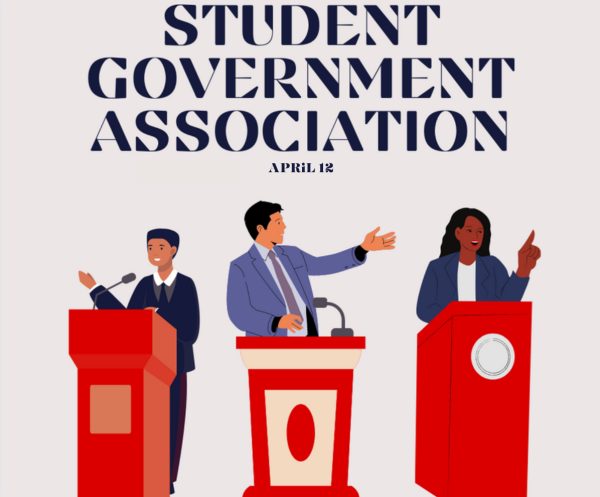NIU to buy gas directly, save money
January 22, 1987
NIU will cut its energy costs in 1987 by significantly reducing its expenditure for natural gas. The savings for the university, however, will lead to a loss in revenue for the City of DeKalb.
A federal law known as Rider 25 governing the direct sale of natural gas allows large consumers of the resource to purchase it directly from the wellhead. Under this program, NIU has opted to contract for its 1987 supply with Golden Gas Co. of Oklahoma, instead of receiving it from Northern Illinois Gas Co. as it has in past years.
“It’s too early to tell how much the university will save by contracting privately for its gas, but we are certainly optimistic. The amount ought to be significant,” said University Planning Associate John Gardner. Gardner said the university uses slightly less than 7 million therms (cubic feet) of natural gas each year, and NIU will save 8 cents a therm by purchasing it directly from the wellhead.
NIU’s decision to contract privately for its gas will have an economic impact on the city of Dekalb because no municipal utility tax is paid on gas purchased directly. Under Ryder 25, Dekalb will lose the revenue it would otherwise receive from its tax of approximately 5 percent on municipal utilities. DeKalb City Manager Mark Stevens said the city could lose up to $150,000.
DeKalb Mayor Greg Sparrow said some cities do not have a municipal utility tax, but he said “for cities with the tax, the Rider 25 program is a killer.”
Other large users of natural gas are expected to buy their supplies directly, and with the possibility of additional revenue being lost, DeKalb officials are concerned.
The issue of lost revenues has raised public concern in Normal Ill., where a number of large consumers of natural gas, including Illinois State University, have arranged to purchase their supplies directly from the wellhead.
In a letter to U.S. Senator Paul Simon, D-Ill., Normal Mayor Paul Harmon said, “The loss in revenue will play a hardship on us and, I’m sure, many other municipalities.” Residents there fear that the lost revenue will lead to an increase in property taxes, he said.
According to Stevens and Sparrow, DeKalb residents are not likely to see an increase in their property taxes to make up for the loss in revenue.
Sparrow said, “The city has an unwritten policy that the property tax will not exceed seven dollars per thousand, and it is already at that level.” He said, “The seven dollar limit is just city policy and not a legal requirement; but the tax has been at that level for five years without changing, and there is no anticipation of an increase.”
Sparrow said it is unclear whether congress considered the degree to which city tax revenues would be reduced when Rider 25 was put in place, but it is likely that congress will consider corrective legislation.












